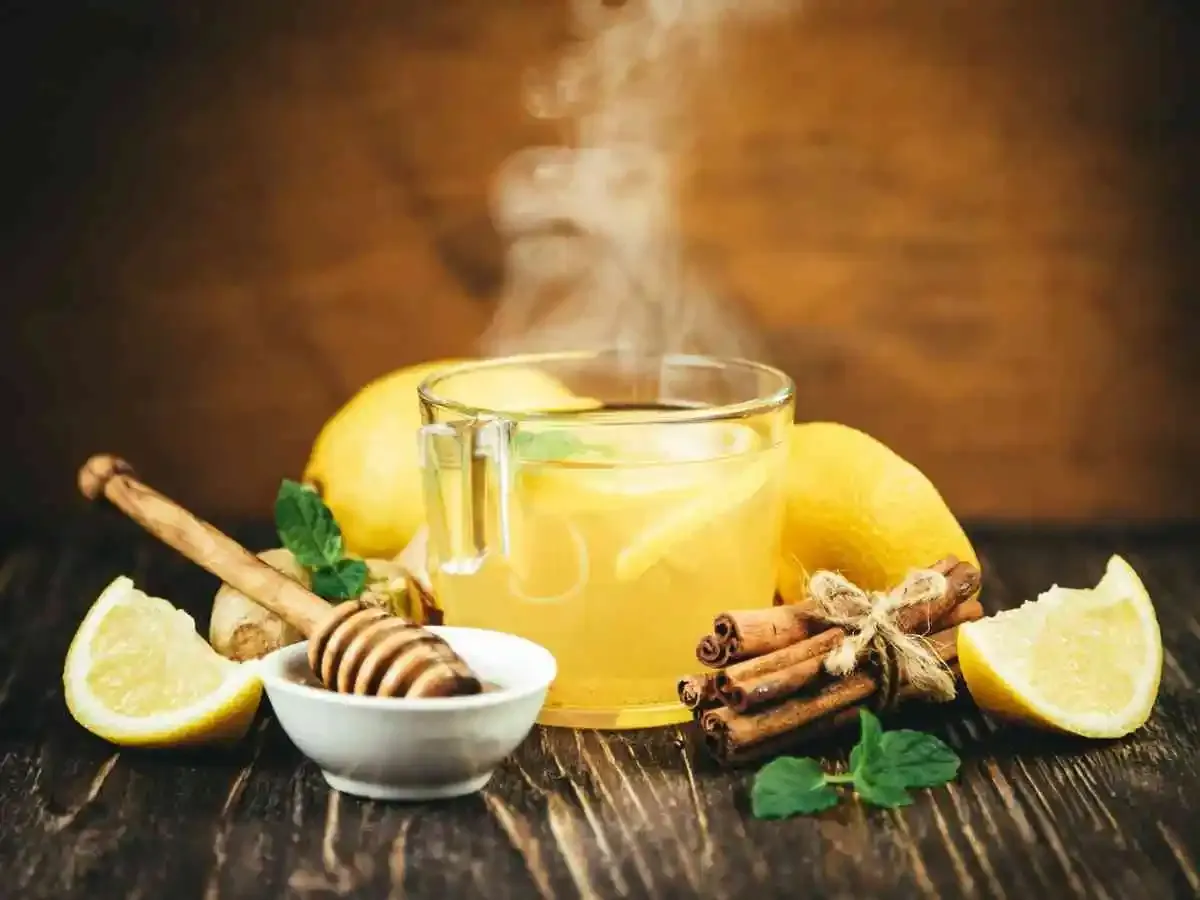5 Sports Drink Ingredients You Should Avoid
Hey friends! If you're an athlete or just someone who likes to stay hydrated during workouts, you've probably guzzled down your fair share of sports drinks. While they can be great for replenishing fluids and electrolytes lost through sweat, some of the ingredients used in popular brands are questionable in terms of health.
In this post, I'll go through 5 concerning ingredients commonly found in sports beverages that you may want to avoid. I'm not trying to scare you away from sports drinks entirely - they definitely serve a purpose! But with a little label reading, you can choose more natural options and know exactly what you're putting in your body. Alright, let's get to it!
High Fructose Corn Syrup - The Sweet Menace
First up on our list of ingredients to avoid is high fructose corn syrup (HFCS). This ultra-sweet concentrated syrup is made from corn and used as a sweetener in tons of processed foods and drinks, including sports beverages. Manufacturers love HFCS because it's super cheap compared to natural sugar. But our bodies don't love it so much.
Here's the deal - too much fructose from HFCS can overload your liver, causing fat buildup that can contribute to obesity, diabetes, and heart disease. Yikes! A 12 ounce sports drink can contain a whopping 36 grams of HFCS. That's about 9 teaspoons worth!
So while a little sugar can help fuel your workouts, going overboard on the HFCS isn't doing your health any favors. My advice? Look for sports drinks made with good old fashioned natural sugars like honey or maple syrup instead. Your body will thank you!
Read - The Benefits of Tart Cherry Juice for Sports Recovery 2024
Artificial Colors - Pretty Poisons
I don't know about you, but I love sports drinks that are bright neon colors like electric blue and lime green! Although artificial colors like Red 40, Yellow 5, and Blue 1 make drinks look vibrant and enticing, they may not be as awesome for our health.
Research has linked artificial color consumption to issues like hyperactivity and concentration problems, especially in children. But adults aren't off the hook either. Studies have also shown artificially colored foods and drinks can cause migraines and skin rashes in sensitive individuals. No thanks!
So if possible, I recommend looking for sports beverages with lively natural colors from fruit and veggie juices instead of fake lab dyes. Or opt for clear hydration drinks to avoid colorings altogether. Your body will thank you!
Artificial Sweeteners - Too Good to Be True?
When scanning nutrition labels, you've probably spotted artificial sweeteners like aspartame, sucralose, and acesulfame potassium in "diet" or low-cal sports drinks. They provide that satisfying sweetness without all the extra calories of sugar - seems amazing right?!
Well, some research suggests artificial sweeteners may come with some not-so-sweet side effects like headaches, disrupted gut bacteria, and yes...even weight gain! That's right - apparently fake sugar can still spike insulin levels and promote overeating. Who knew?!
Rather than risking the potential side effects of artificial sweeteners, I say stick to sports beverages using *natural sugar substitutes* like stevia or monk fruit extract. Your taste buds will still get that sweet kick without the questionable ingredients.
Sodium Benzoate - Questionable Preservative
Now for an ingredient you've probably never heard of - sodium benzoate. Don't worry, you're not alone! Sodium benzoate is a common preservative used in sports drinks and other beverages. It helps extend shelf life and prevents mold and bacteria from growing.
But there are some health concerns about sodium benzoate. Studies suggest it may contribute to hyperactivity in children, not to mention potential DNA damage. That's alarming!
While more research is still needed, I personally avoid sports drinks containing sodium benzoate. There are plenty of options without this questionable preservative, so why take the risk? Go for a fresh natural sports beverage instead.
BVO - Banned Around the World
Last and definitely least - brominated vegetable oil (BVO). This unique ingredient is used as a stabilizer in some citrus-flavored sports drinks to help keep the flavors evenly distributed.
The problem? BVO contains compounds called bromines that can build up in body fat. High levels are linked to nerve damage and other health issues. For this reason, BVO is actually banned as a food additive in many places around the world like Europe and Japan.
Yet it still lurks in some sports beverages here in the US. My advice? Avoid BVO and choose a sports drink that *doesn't* contain this banned and potentially harmful ingredient. Your body will thank you!
Read - The Benefits of Sports Drinks for Non-Athletes
In Conclusion...
Whew, that was a lot of science and warnings about sketchy sports drink ingredients! Let's do a quick recap:
- Avoid high fructose corn syrup and go for natural sugar alternatives like honey.
- Ditch artificial coloring and seek out natural sources or clear liquids instead.
- Steer clear of artificial sweeteners and opt for stevia or monk fruit.
- Shun preservatives like sodium benzoate by choosing fresh options.
- Ban BVO from your beverages due to health risks.
I hope this breakdown gives you some useful tips on how to select healthier, more natural sports drinks! Hydration is so important, but you've got to know what you're putting in your body too.
As always, I want to hear from you! Let me know if you actively avoid any sketchy ingredients I didn't mention when choosing sports beverages. Or if you have any favorite all-natural drink brands, share them in the comments to help out your fellow athletes and fitness junkies.
Alright friends, go forth and hydrate in a healthy way! Just make sure to read those labels. Your body will thank you.

Join the conversation